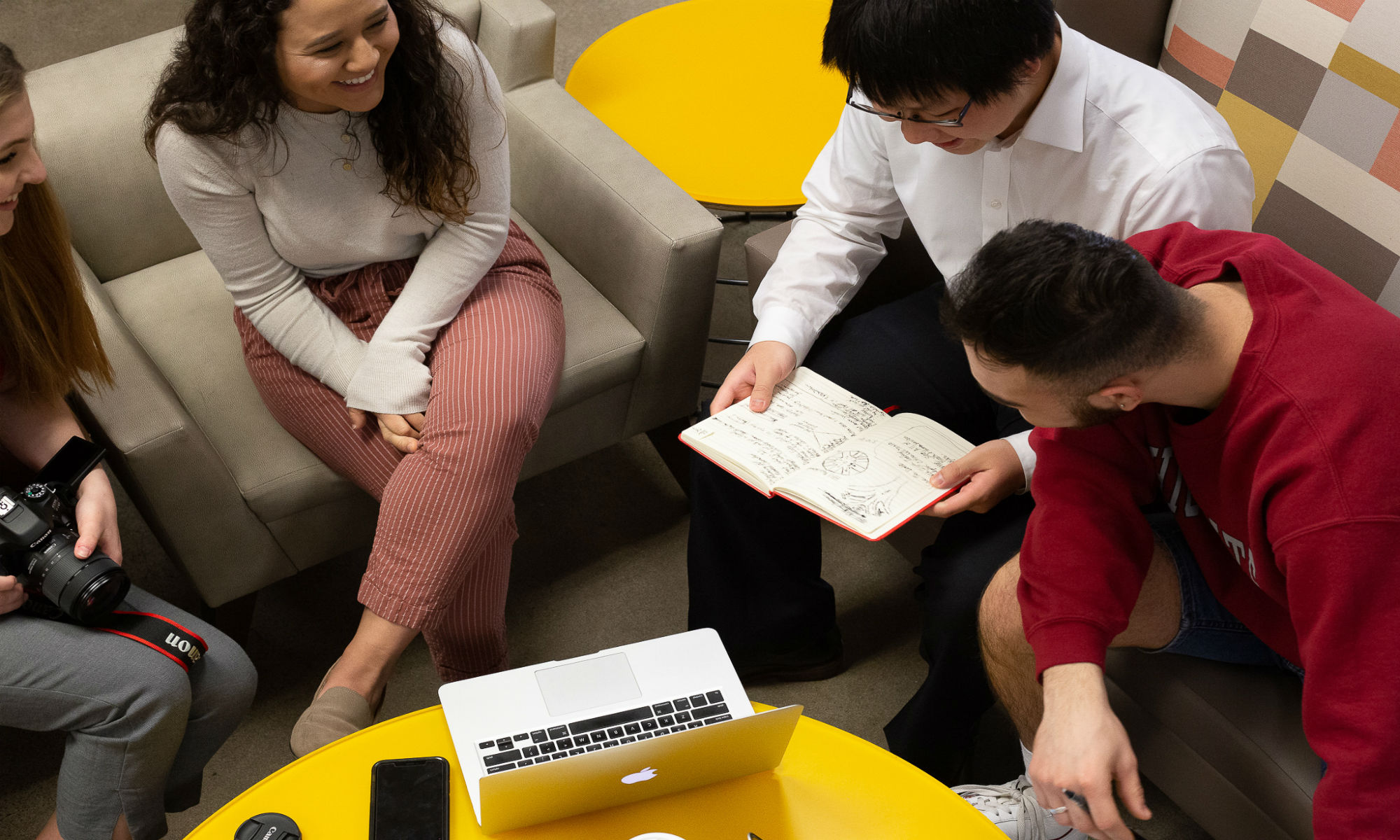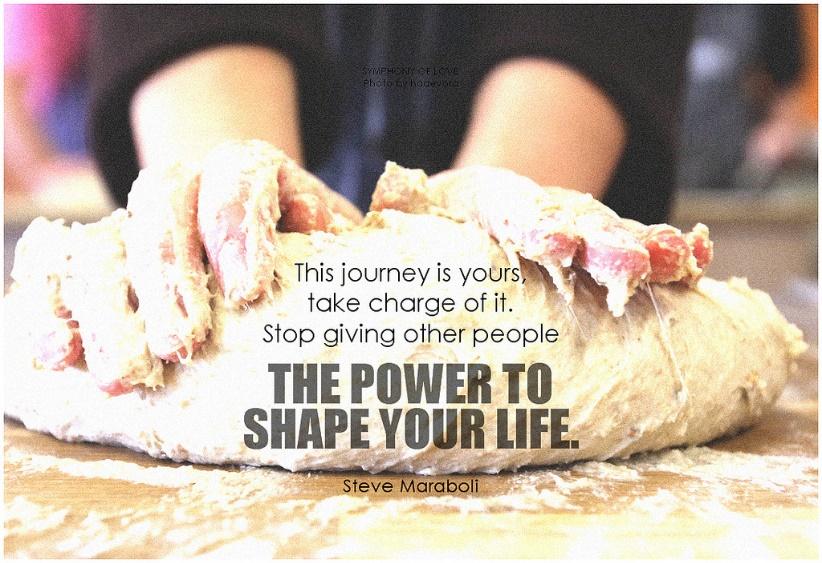By Jessica Delgado
College students deal with so much during the four years they are in college. Some students take on financial independence, life obstacles, challenging circumstances, and toxic relationships throughout their college years.
Anxiety can take over your entire day, running plans and obligations you made prior to being triggered. Most college students don’t know they are experiencing anxiety because they know little about it or how to handle it.
In public relations, the amount of work and time you have to dedicate to strategy briefs, meetings, reports and collaborative work can be very overwhelming.
Although I am not a licensed doctor and have no degree in psychology, I am a college student, and here are some of my self-help tricks to help with anxiety.
1. Allow yourself to take a step back
I have experienced the saying, “I bite off more than I can chew,” when it comes to workload. I never want to miss any opportunity for growth in my school and personal life. But there really isn’t enough time in a day to do everything. I know we have all been in a position where we sit down to work on tasks and become completely overwhelmed with what is required from us. I have learned over the years that your mind cannot remember everything. Writing down tasks and their due date can help prevent you from missing deadlines. Planners are a helpful tool in organizing when a task is due. Staying organized with a planner allows you to meet deadlines, takes the stress of forgetting away, and helps prevent getting overloaded with things to remember.
2. Be in the environment where you feel the safest
I have always considered “my space” to be the safest. Sometimes if you are in an environment where there are a ton of people or in an unknown area, it can be overwhelming for your mind. Loud noises and chaos can spike one’s heart rate. Being able to go to “your space” to decompress can really help with lowering your anxiety. Whether your space is the TGC office, library, bedroom, kitchen, living room, or car – find a space where you feel comfortable and safe!
3. Free write your emotions
Before I found comfort in opening up to people I trusted, I found a lot of comfort in writing down what I feel. Sometimes, we don’t feel comfortable opening up to others, and that is completely okay! Once you begin writing, it can feel like a weight is being lifted off of you. Find something that releases negative emotions and feelings that benefits your mind, whether it is free writing or taking a walk outside. Our minds are very powerful and creative in thoughts. Find something that works for you!
4. Talk to a friend or loved one
Find comfort in a friend or loved one when you are experiencing anxiety. I know not everyone feels comfortable or has someone they can go to when they are experiencing anxiety. However, opening up and letting someone know what is going on with you can help. Taking a break to laugh and talk about things like what’s going on with the Kardashians, reality TV, or sports can really help your mind not be in “work mode.”
5. Leaning on your peers in class
I know here at TGC, everyone is willing to pick up the slack if help is needed. Having open communication about needing help on a brief or creative project you are working on can help you and your team. Everyone has good and bad days. Relying on your team and letting them know you need to be “saved” can prevent missed deadlines and upset clients.
Managing anxiety is achievable. Take it day by day by finding what helps you in conquering it! You are loved and you are strong!














